When his care team told Marine Corps Veteran Ron Godshall that it would be best to amputate his leg due to complications of diabetes, he thought about the things he would have to give up. Near the top of the list was competing in agility sports with his dogs, an activity he greatly enjoyed and had been involved with for years.
Dogs have always played a big part in Godshall’s life. In high school he worked at a dog kennel and became part of the team that trained the Canine Corps for the Norristown Police Department. He also worked at the local SPCA to care for and train some of the difficult rescued dogs, helping prepare them for adoption.
After serving two tours in Vietnam, returning to civilian life in 1968 proved challenging. He knew he needed to do something to handle the stress, so he returned to his dog training hobby. “Dogs played a really big part in my life keeping me straight. I had my share of problems when I came back, but the dogs were a good relief for me,” he shared.
During the last 55 years, his interest in dogs grew, and he evolved into the “go to” person for training in his area. After retiring from his career as a construction foreman 11 years ago, Godshall entered another kind of ring with his dogs—one where time, accuracy and physicality play vital roles: Dog Agility, a competitive sport where handlers are challenged to guide their trusty companions through pre-designated obstacle courses within a specific amount of time.
Positive attitude and custom prosthesis took him back to the ring
Eventually, the pain became too much. In 2020, Godshall began planning for the leg amputation. With a positive outlook, he worked closely with his Wilkes-Barre VA care team to get a custom prosthesis and rehabilitation therapy to eventually return to the ring with his dogs.
“When an amputation is planned, several VA medical center teams work together. Before the amputation, the surgical team meets with VA’s Rehabilitation and Prosthetic Services to help determine what level amputation may be best and also provide Veterans with education about what to expect,” said Dr. Joseph Webster, director of the VA Amputation System of Care. “After the surgery, the rehabilitation services team—including a physician, physical therapist or occupational therapist and the prosthetist—collaborate to come up with the best plan for the Veteran to meet their goals going forward. We follow them for the rest of their lives to meet their changing needs.”
This Marine was not going to let life obstacles keep him down. Nearly two years after his surgery, a friend acquired a new dog, and she talked Godshall into training him to run agility while handling him from a motorized scooter. The new dog, Franco, was a Cocker Spaniel/Poodle mix (named for Pittsburgh Steelers running back Franco Harris). Franco demonstrated the confidence to take instruction from a distance.
Although his friend had taught the dog agility basics, Godshall took over training the pooch in November 2022. Just 10 months later, he and Franco were in the competition ring and they earned their first qualifying score in September 2023. “I’m so impressed with this little guy. He has captured my heart,” Franco said, pictured at right.
“Many Veterans stop doing things they enjoy because of extremity pain and complications, and they are concerned that an amputation is the end of things. But so many times we see an amputation becoming a beginning for them to gain their independence and get back to life,” said Webster.
VA provides over 5,000 prosthetic limbs annually to Veterans throughout the United States each year.
For Veterans who may want to develop new physical and creative activities, VA’s Office of National Veterans Sports Programs and Special Events offers several opportunities for health and healing through adaptive sports and therapeutic art programs. These are specialized competitive rehabilitation events to optimize Veterans’ independence, community engagement, well-being and quality of life.
Topics in this story
More Stories
Innovation Experience awards ceremony honors VA employees and collaborators whose work has improved the Veteran care experience.
Veteran Patti Fabian offers a space for Veterans in rural areas to telehealth connect with community and resources.
Veterans at event offered health screenings, diabetic foot checks, vaccines, blood pressure checks, VA benefits and PACT Act registration.

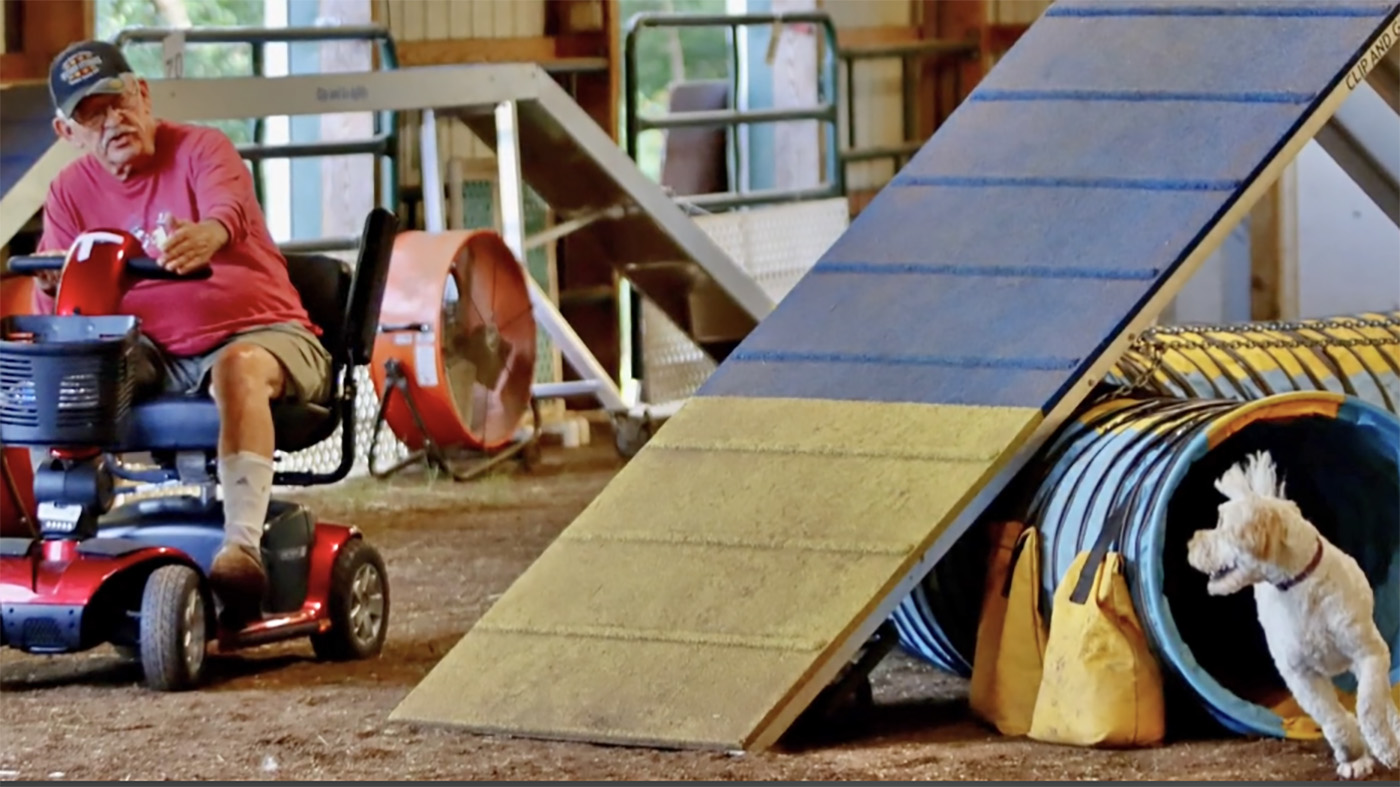
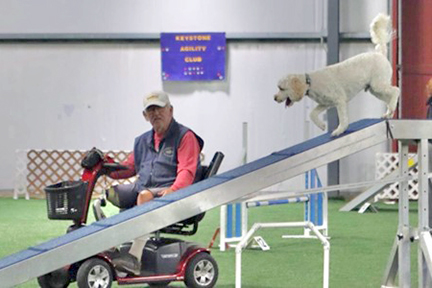
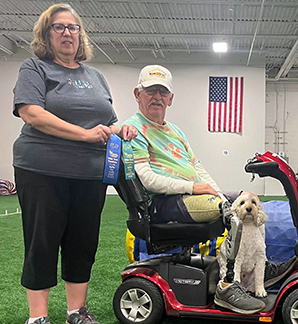
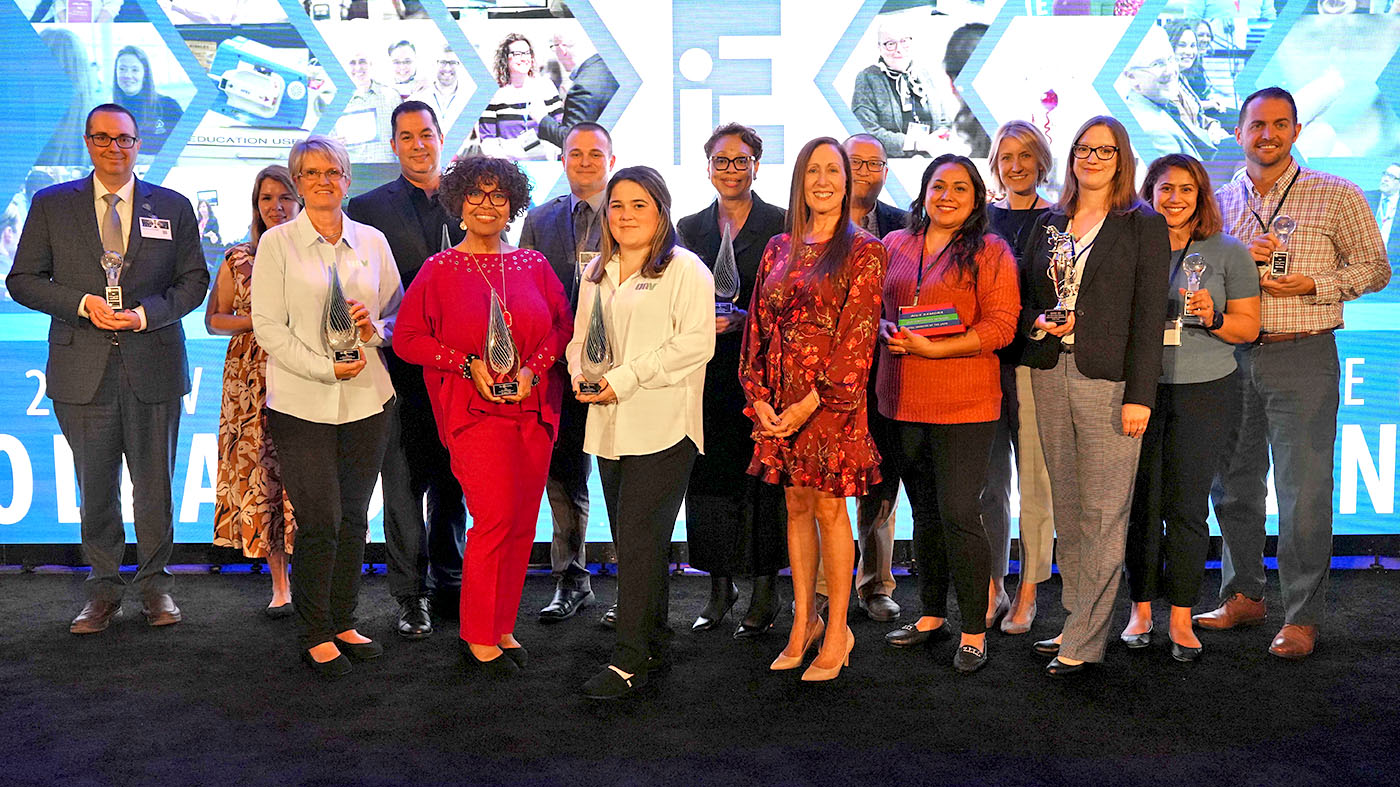
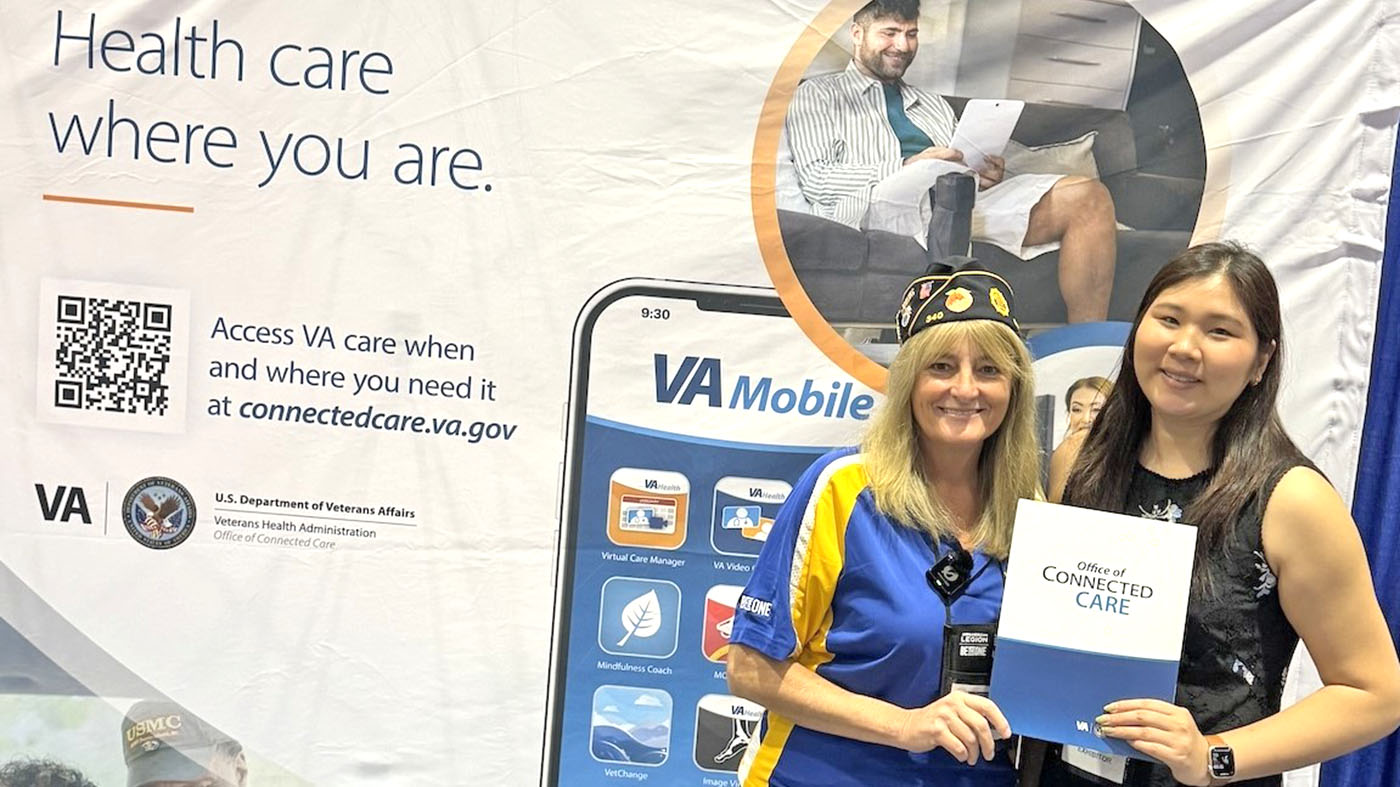
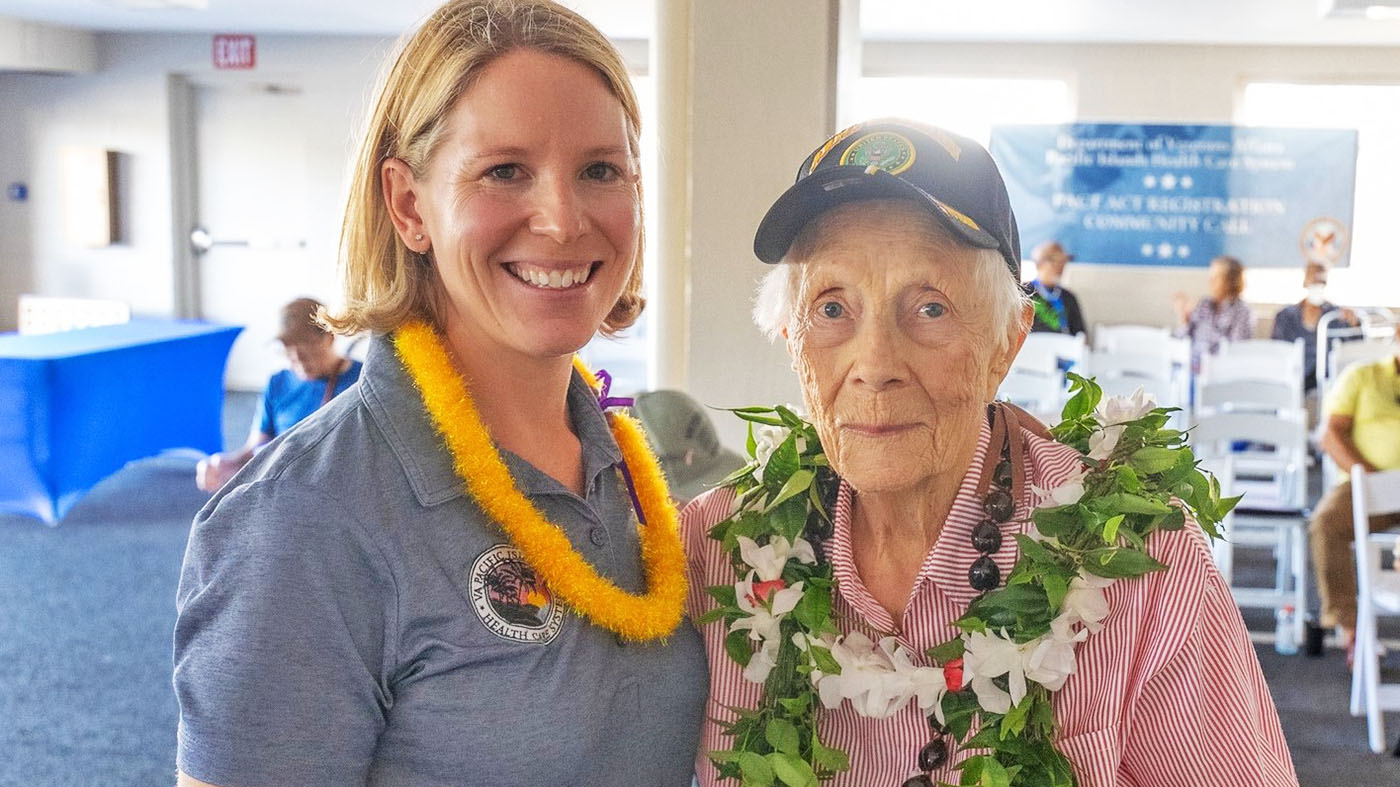


My name is Ernest Wayne Toney Sr. and I am a 100% Disable Vietnam Combat Vet. I hope you can help me out, I am looking for a newborn little Papillon SERVICE DOG a female or a male to help me get around going to both VA Hospital in Augusta, Ga. and just helping me going to different places getting in and out of stores and etc. I have had cancer 11 different times all over my body from that darn Agent Orange I and many more of my Brothers in Vietnam in 1968 and 1969. I was with the Americal Division the 198Th and 196Th Infantry and I was a Grunt and a Tunnel Rat. I have only one kidney and it is my right one and I have to wear a Coloplast Pouch, Urostomy Assura the rest of my life and I have been on Dialysis for a year now taking them 3 times a week 4hrs. each time. The reason I want a little Papillon SERVICE DOG is that I have talked to several 100% Disable Vietnam Combat Vets. at both VA Hospitals and they had a little Papillon SERVICE DOG and they said that they were great little SERVICE DOGS and very smart and easy for them to get them in and out of different places. I have had at 2 different times little regular Papillon dogs and they were very loving and smart little angles but we lost our first little Papillon Gizzy 20yrs. ago from a heart attack and last year we lost out little Papillon dog LW from a heart attack. I know if I can get me a little Papillon SERVICE DOG female or male it will help me a lot and help me in my health problems. Can you tell me how to get me a little Papillon SERVICE DOG??? I am hoping and praying you can help me out Thank You and have a Blessed Day Wayne.